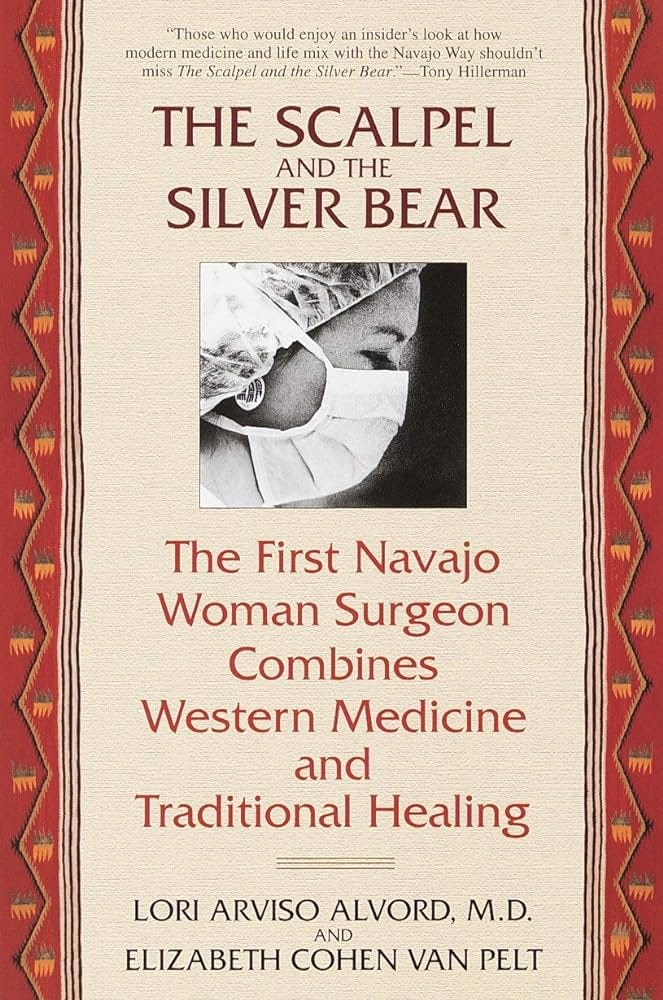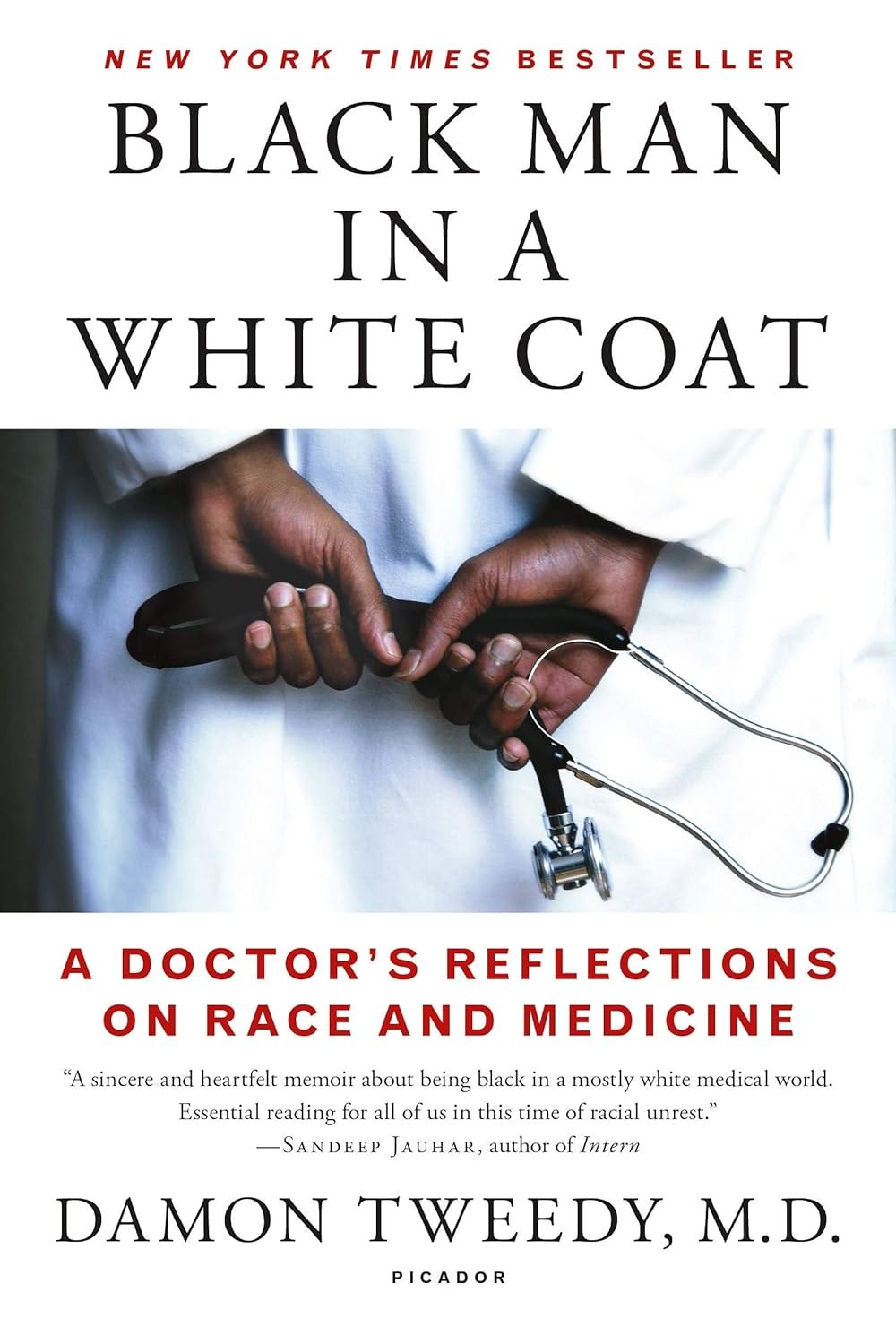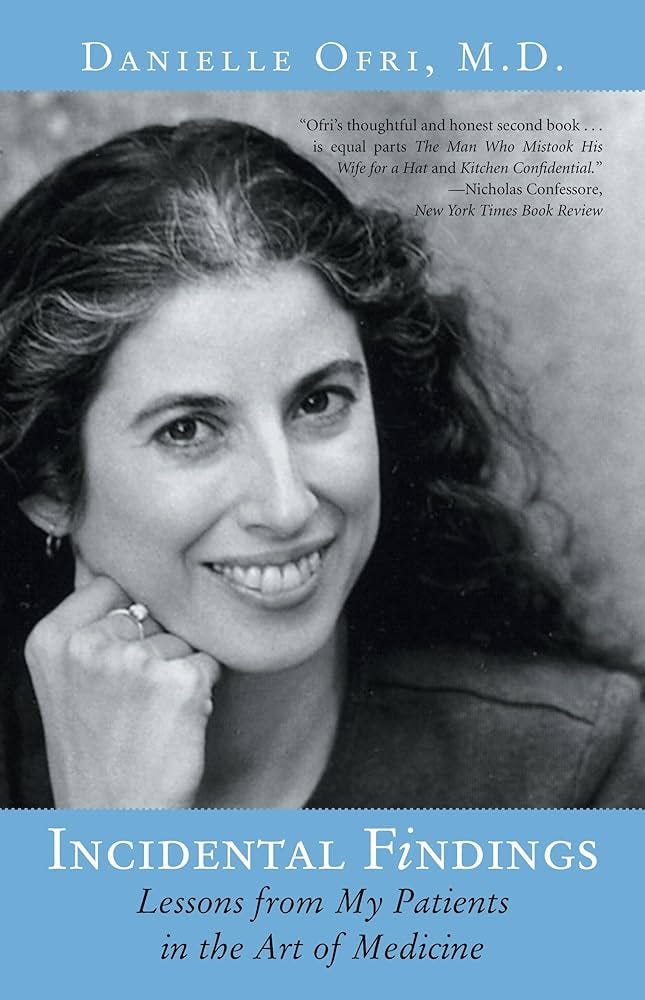Just a quick hello to all of my new readers! 👋🏻 There are 140 of you since the first of September. If you haven’t seen my welcome page yet, that is the best introduction to my series. There is something here for everyone, from my defense of teaching as an art, not a science, to this essay about reconnecting with family roots, to my longform journalism for The Chronicle of Higher Education.
If you are new, you missed our first book club back in July. We had a solid group to discuss Julia Schumacher’s Dear Committee Members, and I’d love to try for another gathering in October. Please save Friday, October 27, at 7pm EST for our next meeting. Our text will be Robert Icke’s dazzling play, The Doctor. You can buy it in paperback or Kindle form. RSVP here for the private link to join the discussion. Or just reply to this message.
I think you’ll see from Icke’s introduction below that you don’t need to be a doctor or an academic to be enraptured by this play:
In my former life, I often taught a course called “Illness and Health in Literature,” which began with a unit on narrative medicine. Narrative medicine assumes that people are more like poems than they are like puzzles. Traditional literacy — the ability to absorb and be moved by literature, or the ability to create literary works that move others — is thought by advocates of narrative medicine to yield superior care.
Comfort with ambiguity and nuanced communication means more than good bedside manner. The best technology in the world can’t reveal personal details that a patient conceals because they distrust their caregiver. My friend and fellow memoirist Danielle Ofri cites “hand on the doorknob” moments when her patients reveal key diagnostic information just as they’re about to leave.
Similarly, people want to define the story of their own illness rather than being forced into master narratives, such as the war metaphors that saturate literature about cancer. Christopher Hitchens demolishes the soldier trope in his cancer memoir Mortality. And Audre Lorde, in The Cancer Journals, challenges the social pressure on women to use prosthetics after mastectomies, rather than learning to love and live in their new bodies.
Doctors, too, feel the need to tell their stories in forms that the examining room does not allow. My favorite medical memoirs are those that probe the sides of medicine that we don’t want to contemplate, or that reveal to us that our doctors are not superhuman, but struggle with confidence and purpose throughout their training.
Here are a few of my favorite memoirs by physicians. What are some of yours?
Atul Gawande, Complications: I’m a fan of Gawande’s entire oeuvre, but his debut collection is my favorite. There is a rawness to these stories about medical residency that simply isn’t there in his later works.
Lori Arviso Alvord, The Scalpel and the Silver Bear: Alvord recounts her journey from Dinétah, the traditional homeland of the Navajo, to a historic career in surgery. Like Robin Wall Kimmerer’s Braiding Sweetgrass, Alvord’s memoir struggles to reconcile her scientific training with her indigenous heritage. Ultimately, she finds that her medical care is strengthened by combining both sources of knowledge.
Damon Tweedy, Black Man in a White Coat: From being mistaken for a janitor as a medical student to forging an unlikely bond with a white supremacist patient and his family, Tweedy continually surprises throughout this tour de force.
Danielle Ofri, Incidental Findings: Ofri’s debut memoir, Singular Intimacies, is also fantastic, but I love how her second work reverses the doctor-patient roles with her own experience on the maternity ward. Becoming a patient allows Ofri to see her own patients differently. Her practice of narrative medicine is especially powerful in “Living Will,” which recounts her struggle to answer a chronically ill man’s question, “Why should I live this life?”
Ofri’s favorite poem is John Stone’s “Gaudeamus Igitur,” which I’ll quote in part below.
Gaudeamus Igitur For this is the day of joy which has been fourteen hundred and sixty days in coming and fourteen hundred and fifty-nine nights For today in the breathing name of Brahms and the cat of Christopher Smart through the unbroken line of language and all the nouns stored in the angular gyrus today is a commencing For this is the day you know too little against the day when you will know too much For you will be invincible and vulnerable in the same breath which is the breath of your patients For their breath is our breathing and our reason For the patient will know the answer and you will ask him ask her For the family may know the answer For there may be no answer and you will know too little again or there will be an answer and you will know too much forever For you will look smart and feel ignorant and the patient will not know which day it is for you and you will pretend to be smart out of ignorance For you must fear ignorance more than cyanosis For whole days will move in the direction of rain For you will cry and there will be no one to talk to or no one but yourself Read the full poem here.
John Donne’s sonnet “Death be not proud” also anchors Margaret Edson’s Pulitzer-winning play Wit.
Death, be not proud, though some have called thee Mighty and dreadful, for thou art not so; For those whom thou think'st thou dost overthrow Die not, poor Death, nor yet canst thou kill me. From rest and sleep, which but thy pictures be, Much pleasure; then from thee much more must flow, And soonest our best men with thee do go, Rest of their bones, and soul's delivery. Thou art slave to fate, chance, kings, and desperate men, And dost with poison, war, and sickness dwell, And poppy or charms can make us sleep as well And better than thy stroke; why swell'st thou then? One short sleep past, we wake eternally And death shall be no more; Death, thou shalt die.
What are some of your favorite poems about medicine, illness, or the body?








